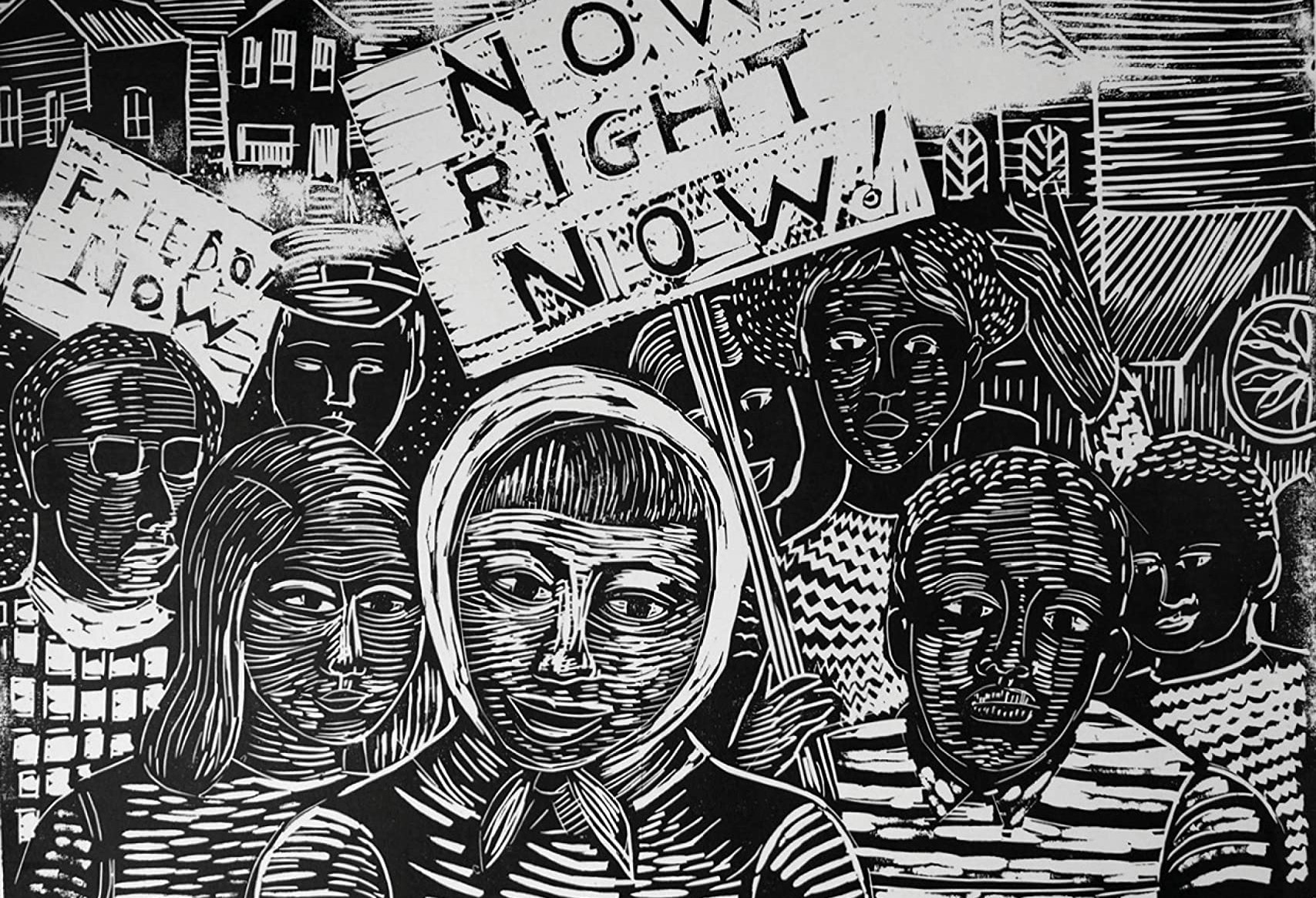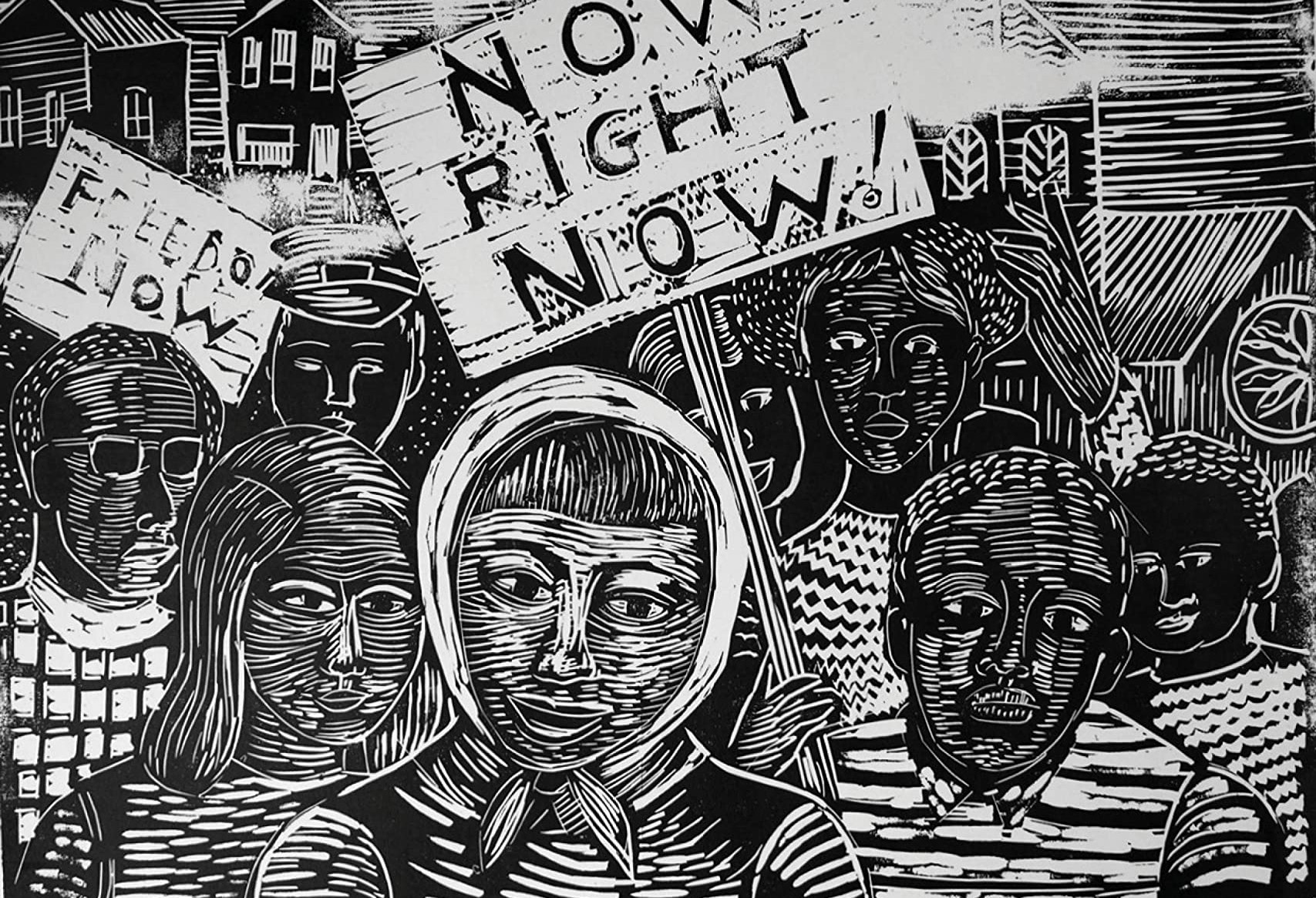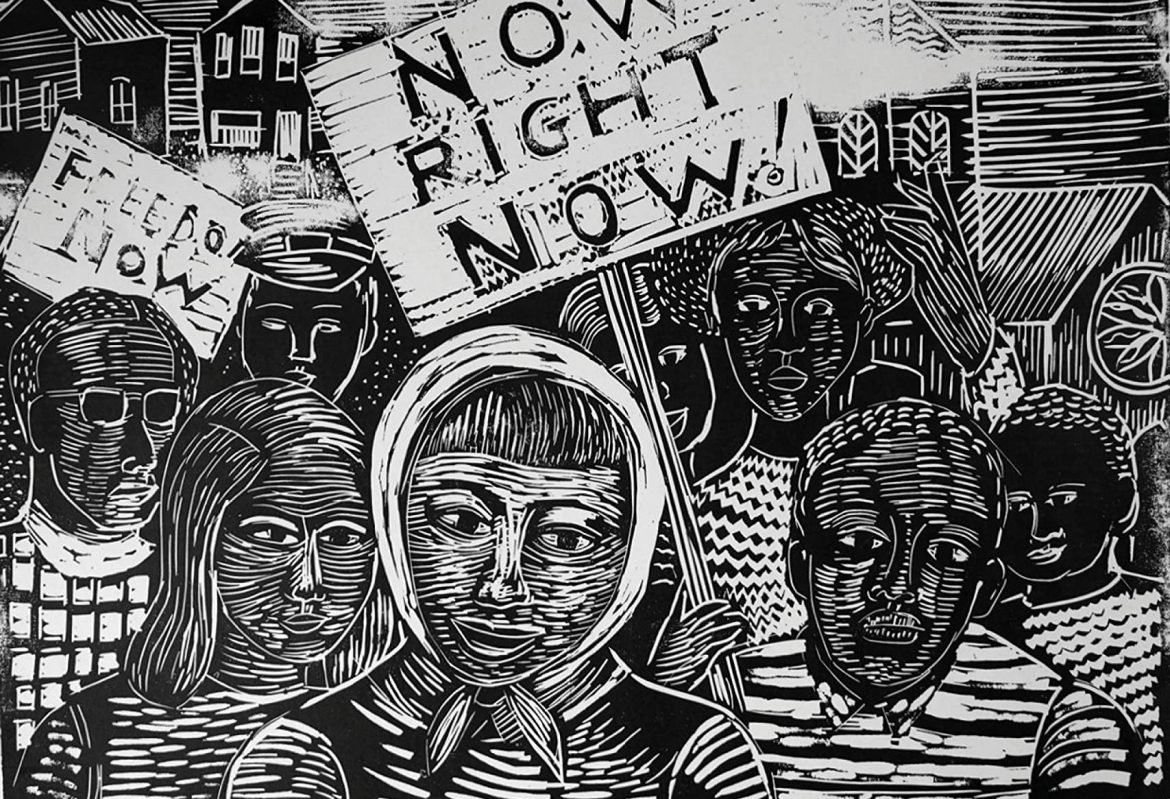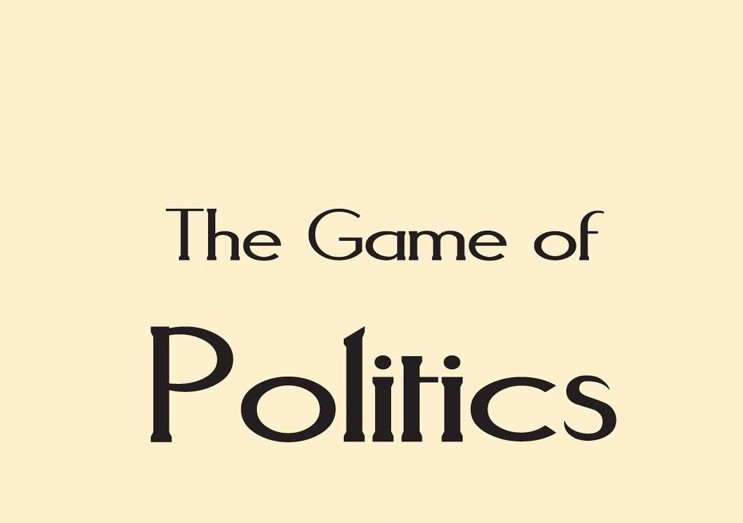-
 play_arrow
play_arrow
Praise 24/7 NO Today's Best Gospel
Again, Retrieving the African Ideal: A Courageous Questioning in These Times.

(ThyBlackMan.com) The arrival of September 7th easily brings to mind and memory for Us the 60th anniversary of the Organization Us, a major organization in the Black Power phase of the Black Freedom Struggle; the African American Cultural Center, the founding site and international headquarters of Kwanzaa; and the Nguzo Saba, the Seven Principles, the defining values of the pan-African holiday Kwanzaa and Kawaida philosophy from which I conceived and created both. And I reach back to retrieve a discussion of our origins in the search for the African Ideal through courageous questioning in thought and practice, as both wondering and questioning, reflective and practical resistance.

The conception and development of our philosophy, Kawaida, the work and struggle of our organization Us, and the people-focus, cultural groundedness and social consciousness of the leadership and people we seek to cultivate, teach and exemplify, all began with what our ancestors called in the Husia a “courageous questioning”. Indeed, this courageous questioning runs like a red line through our history from Seba Khunanpu, a peasant, who questioned Rensi, a chief judicial official in ancient Egypt, about the concept and practice of justice, especially concerning the vulnerable to Nana Fannie Lou Hamer who declared in the midst of the Black Freedom Movement, that she questioned America in its hypocritical claim to be “the land of the free and the home of the brave”.
And this tradition and model of courageous questioning is expressed also in Nana Messenger Muhammad’s commentaries concerning embracing a God and religion of freedom rather than a God and religion of oppression and in Nana Min. Malcolm’s criticism of a racialized democracy that makes us victims rather than beneficiaries. Likewise, it is found in Nana Dr. Carter G. Woodson and Nana Dr. Mary McLeod Bethune’s critical stress on education for liberation and upliftment rather than vulgar careerism and mindless service to the established order.
The concept of courageous questioning (nedjnedj ken) is found in the Book of Rekhmira, a prime minister of ancient Egypt. He lists it among a series of virtues that a Maatian civil servant or activist intellectual possesses. These virtues are being: versed in the texts, clear of vision, insightful, well-mentored, deliberate, patient, courageous in questioning; and wise in listening to the ancestors. He does not explain what he means by courageous in questioning, but from the context of his whole text and related ethical texts like Seba Khunanpu and Seba Khakheperasoneb, and moral self-presentations in ancient Egyptian autobiographies, an idea of its expansive meanings becomes clear.
Indeed, courageous questioning is a rightful and righteous calling into question, seeking answers and offering a severe criticism of the evil, the wrong and the unjust. In addition, it is constantly seeking and speaking truth to the people and to power, demanding justice and bringing Maat (truth, justice, propriety, harmony, balance, reciprocity and righteous order) into being.
And it especially means doing this without fear of consequences of death, political imprisonment, exile, underground existence, and constant attacks of all kinds – or without deference to debilitating and oppressive conventions, customs, hierarchies, or perverse and pathetic calls for peace without justice. It is to speak audaciously, as Seba Khunanpu spoke to Rensi saying “this humble person who returns to make a complaint to you is not afraid of you, the one to whom he makes his rightful claim”. Indeed, he tells him to “speak truth and do justice for it (Maat) is mighty, it is great, and it endures”. As it was in ancient Egypt, so it was with our other forefathers and foremothers mentioned here and others, a constant and courageous questioning and quest to end evil and injustice and bring justice and good into being. And Kawaida and Us embraced this tradition from them, even before we recovered and reconstructed the ancient Egyptian Maatian ethical tradition contained in the Husia.
Kawaida, Us and our leadership principles and practice began with a critical and courageous questioning in the 1960s in a time in which Black was just beginning to come back into its own, and we dared to hurry the dawn of its coming. Africa was just rising in liberation and “Negro” things and thoughts lingered on like a morning fog that refuses to disappear quickly at sunrise. And thus, such questioning did not come without consequences or costs. Ours was a deliberate and depthful questioning concerning ourselves and then society and the people who ruled it. On every front, we raised questions of our identity, purpose and direction as a people. It was a process and practice of both opposition and affirmation, a defiant opposition to and rejection of the irrational reasoning and cave contentions of our oppressors and an audacious affirmation of the inherent worthiness and enduring weight of our people in the construction, transformation and advancement of human history.
The questioning was a total questioning, a questioning about how we live, the conditions of our lives, the possibilities of freedom and flourishing, and the unavoidable requirements for achieving them. We questioned the rationality, rightness and sanity of allowing our oppressor to be our teacher or tutor, or to tell us without challenge the tall tales of bringing us civilization and God and saving us from ourselves. We questioned and rejected his claim of being in any way superior, God-sent or possessing some racial or religious right to conquer, kill, dispossess, enslave and oppress us and other peoples of the world. We questioned and rejected his racial and religious claims to be singularly chosen, elect and exalted above all the other peoples of the world. And we refused to let the oppressors interpret and use God as an ally of enslavement, an enabler of holocaust, and a racialized divinity doing the barbaric bidding of the oppressor.
Finish story here; Again, Retrieving the African Ideal: A Courageous Questioning in These Times.
Written by: Black Gospel Radio
-

Praise 24/7 Commercial Free
For every Show page the timetable is auomatically generated from the schedule, and you can set automatic carousels of Podcasts, Articles and Charts by simply choosing a category. Curabitur id lacus felis. Sed justo mauris, auctor eget tellus nec, pellentesque varius mauris. Sed eu congue nulla, et tincidunt justo. Aliquam semper faucibus odio id varius. Suspendisse varius laoreet sodales.
close Top popular

The Science of Happiness – Exploring Factors for Well-Being

Balancing Act: Prioritizing Your Well-Being in a Busy World

Overcoming Procrastination – Strategies for Productivity and Success

Unlocking Hidden Potential – A Guide to Personal Growth

Mindful Living – Cultivating Presence in the Modern Era

CONTACT US
- info@praise247no.com
FOLLOW US
- Praise247NO
- Praise247NO
- Praise247NO
Copyright 2024 Praise247no.com - All Rights Reserved.





Post comments (0)